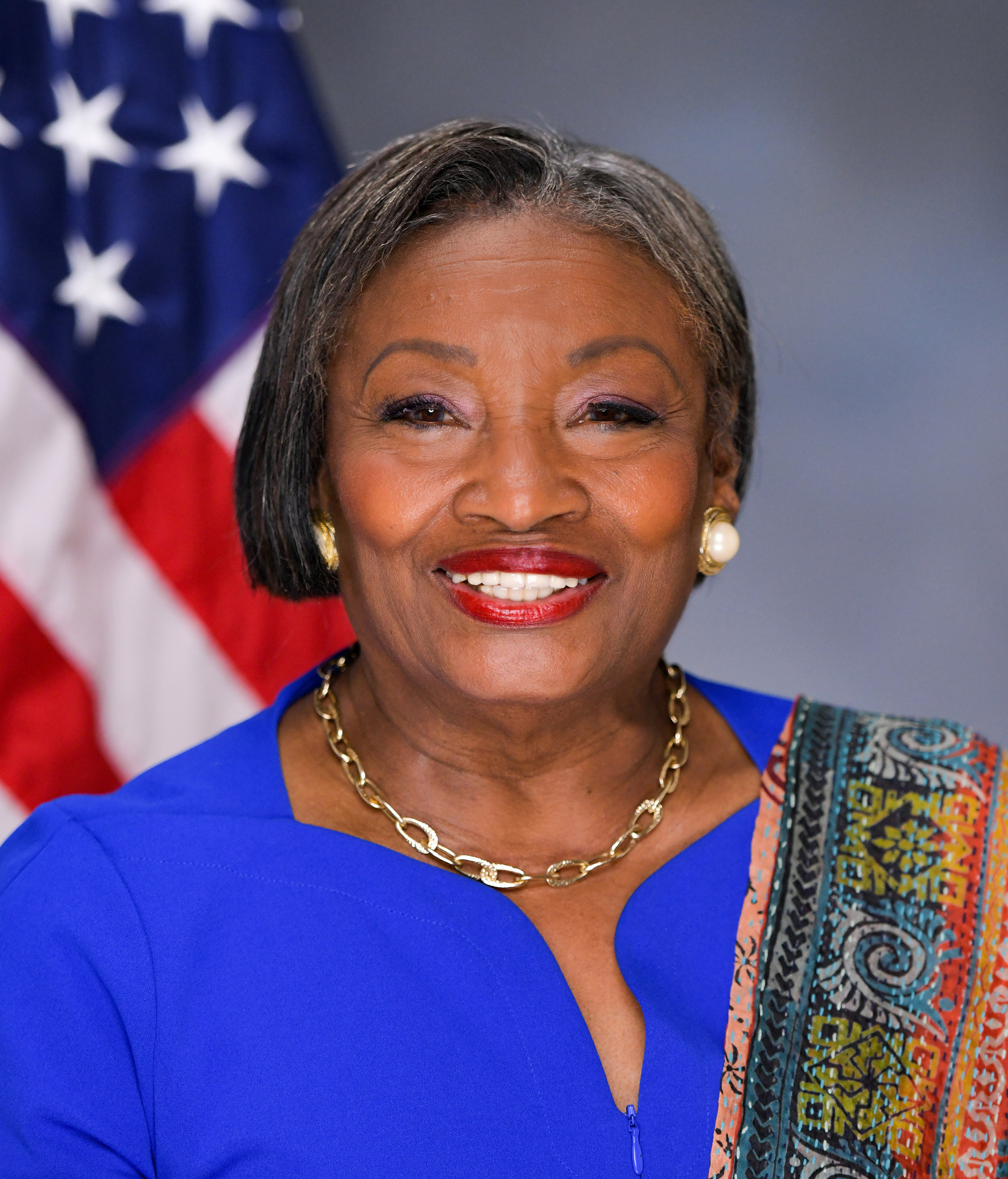| Date of Action |
Assembly Actions -
Lowercase Senate Actions - UPPERCASE |
|---|---|
| Jan 07, 2026 |
referred to investigations and government operations |
| Feb 07, 2025 |
referred to rules |
Senate Bill S4588
2025-2026 Legislative Session
Sponsored By
(D, WF) 35th Senate District
Current Bill Status - In Senate Committee Investigations And Government Operations Committee
Actions
2025-S4588 (ACTIVE) - Details
- See Assembly Version of this Bill:
- A4881
- Current Committee:
- Senate Investigations And Government Operations
- Law Section:
- Public Officers Law
- Laws Affected:
- Amd §42, Pub Off L
2025-S4588 (ACTIVE) - Sponsor Memo
BILL NUMBER: S4588
SPONSOR: STEWART-COUSINS
TITLE OF BILL:
An act to amend the public officers law, in relation to filling vacan-
cies in elective offices
PURPOSE OR GENERAL IDEA OF BILL:
The purpose of this bill is to increase efficiency in certain special
elections.
SUMMARY OF PROVISIONS:
Section 1 establishes the Legislative Findings.
Section 2 amends subdivision 3 of section 42 of the public officers law
to grant more flexibility in scheduling special elections.
Section 3 establishes the effective date.
2025-S4588 (ACTIVE) - Bill Text download pdf
S T A T E O F N E W Y O R K
________________________________________________________________________
4588
2025-2026 Regular Sessions
I N S E N A T E
February 7, 2025
___________
Introduced by Sen. STEWART-COUSINS -- read twice and ordered printed,
and when printed to be committed to the Committee on Rules
AN ACT to amend the public officers law, in relation to filling vacan-
cies in elective offices
THE PEOPLE OF THE STATE OF NEW YORK, REPRESENTED IN SENATE AND ASSEM-
BLY, DO ENACT AS FOLLOWS:
Section 1. Legislative findings. The Legislature finds that New York's
current system of filling federal and state elected office vacancies
places undue financial and operational burdens on local boards of
elections and exacerbates voter confusion and fatigue by asking voters
to frequently participate in elections throughout the year, thus result-
ing in lower voter turnout and decreased participation in the electoral
process.
Local boards must comply with state requirements and federal require-
ments under the Help America Vote Act (HAVA), which include training
poll workers to ensure elections remain inclusive and accessible to
voters. The unpredictability of holding multiple elections throughout
the year may leave local boards unable to fiscally plan for such unex-
pected expenses. County boards generally have months of preparation
ahead of elections given the complexities associated with executing an
election - including setting up poll sites, processing voter registra-
tions, and gathering the necessary staff to help run the election. It is
therefore an inefficient use of funds to schedule a special election so
close to a general election date, causing county boards to reduplicate
the significant effort and funding in a short period of time.
Further, voter fatigue occurs when voters are asked to participate in
frequent elections throughout the year. In addition, multiple elections
can create a process which is confusing or challenging for voters,
resulting in lower voter turnout and subsequently a less representative
electorate for the people. This is particularly true in congressional
elections, which may encompass multiple counties and involve several
boards of elections. Ensuring that congressional elections are set to
maximize voter turnout is of fundamental importance to the Legislature
and a well-functioning elections system.
Comments
Open Legislation is a forum for New York State legislation. All comments are subject to review and community moderation is encouraged.
Comments deemed off-topic, commercial, campaign-related, self-promotional; or that contain profanity, hate or toxic speech; or that link to sites outside of the nysenate.gov domain are not permitted, and will not be published. Attempts to intimidate and silence contributors or deliberately deceive the public, including excessive or extraneous posting/posts, or coordinated activity, are prohibited and may result in the temporary or permanent banning of the user. Comment moderation is generally performed Monday through Friday. By contributing or voting you agree to the Terms of Participation and verify you are over 13.
Create an account. An account allows you to sign petitions with a single click, officially support or oppose key legislation, and follow issues, committees, and bills that matter to you. When you create an account, you agree to this platform's terms of participation.
